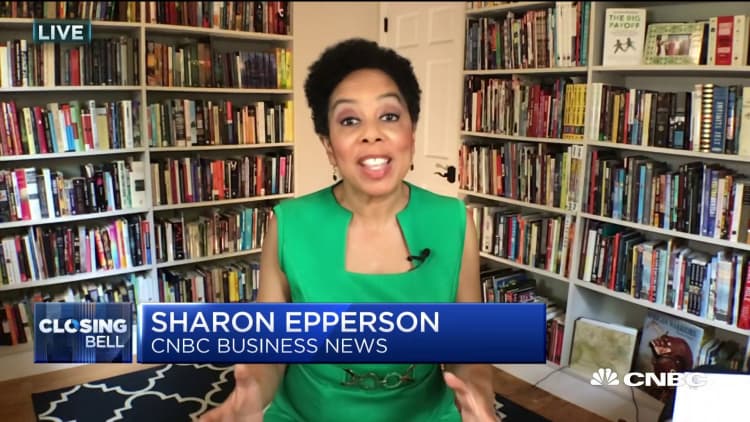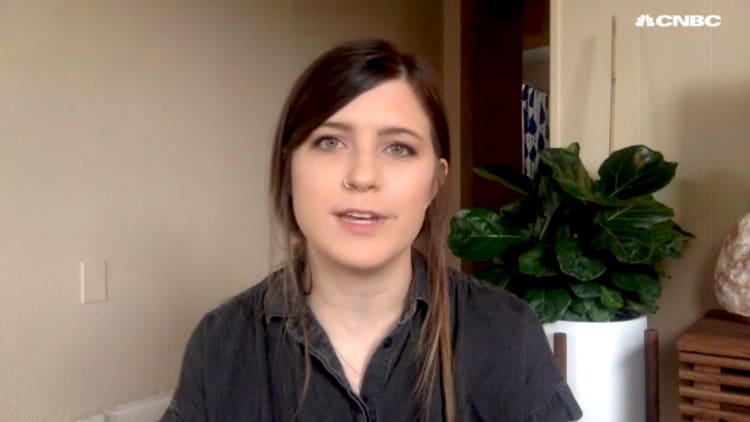Many student loan borrowers were suffering when the pandemic shuttered the economy.
Americans collectively hold more than $1.6 trillion in student debt. According to credit monitoring service Experian, Gen Z saw their student debt balances increase by 9% from the first quarter of 2018 to the first quarter of 2019 — that's a higher rise than any other generation with outstanding loans.
Although the CARES Act gave some much-needed relief to people with some types of student debt, others could still be seeing their credit scores dinged and facing unemployment or reduced hours.
It turns out Gen Z may be particularly hard hit. For one thing, they may not be aware of programs designed to help ease the pain of paying back student loans.

The U.S. Department of Education has allowed those with federal loans to pause their payments until October — yet Gen Z had the lowest awareness of this relief than any other age group, according to a survey from Student Debt Crisis. The advocacy organization, whose mission is overhauling student debt and higher-education loan policies, polled close to 39,000 student loan borrowers across America in May.
"Covid-19 has only increased the burden of student loans, yet 1 out of 3 borrowers do not even know about the student relief passed by Congress," said Aaron Smith, co-founder of social impact tech firm Savi, which co-sponsored the survey.
In contrast, 44% of the youngest respondents said they were unaware of federal help. The lack of awareness among Black Gen Z respondents was even higher, at 46%.
"Black students borrow more often and borrow more money and have more trouble repaying their loans than White peers," said Tiffany Jones, a senior director at The Education Trust.
While the overall debt at graduation is around $30,000, New York Fed data finds the average loan balance in predominantly Black neighborhoods is $37,000.
And, given the high rate of unemployment among Black young adults, "that means they'll have more trouble paying for that college degree at a time when college is more important than ever."
More from Invest in You:
Not a saver? Learn these skills and end your year with a nice stash
Robo advisor and online broker apps make it easier to crack investing
When you're 65 you'll look back and wish you'd opened this account when you were 22
When they know about the programs, people in Gen Z may not understand them.
Nearly half of Gen Z respondents said relief programs did not lower their confusion about federal student loans, the survey found.
One issue may be the speed at which things changed, says "Dear Debt" author Melanie Lockert, who said she paid down $81,000 of debt by age 31.
They may simply not be able to keep up with the news cycle.
"Student loan borrowers, like many others, have likely had a drop in income and are worried about how to pay their loans when the relief is up," Lockert said.
Those with loans from private lenders may not be getting the same assistance. Lockert recommends private loan borrowers talk to their lenders to see if there are any state programs that can help.

SIGN UP: Money 101 is an 8-week learning course to financial freedom, delivered weekly to your inbox.
CHECK OUT: If you invested $500 in 2010 according to Warren Buffett's advice, here's how much you'd have now via Grow with Acorns+CNBC.
Disclosure: NBCUniversal and Comcast Ventures are investors in Acorns.






